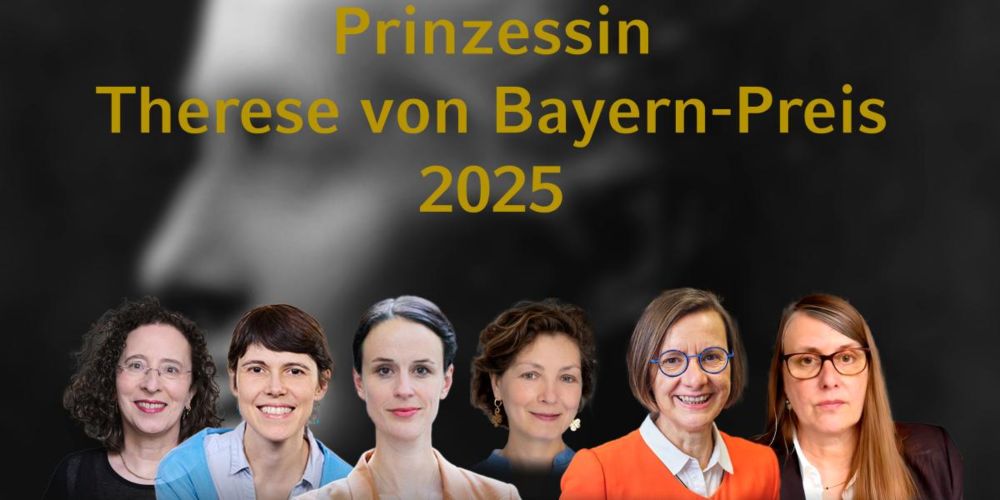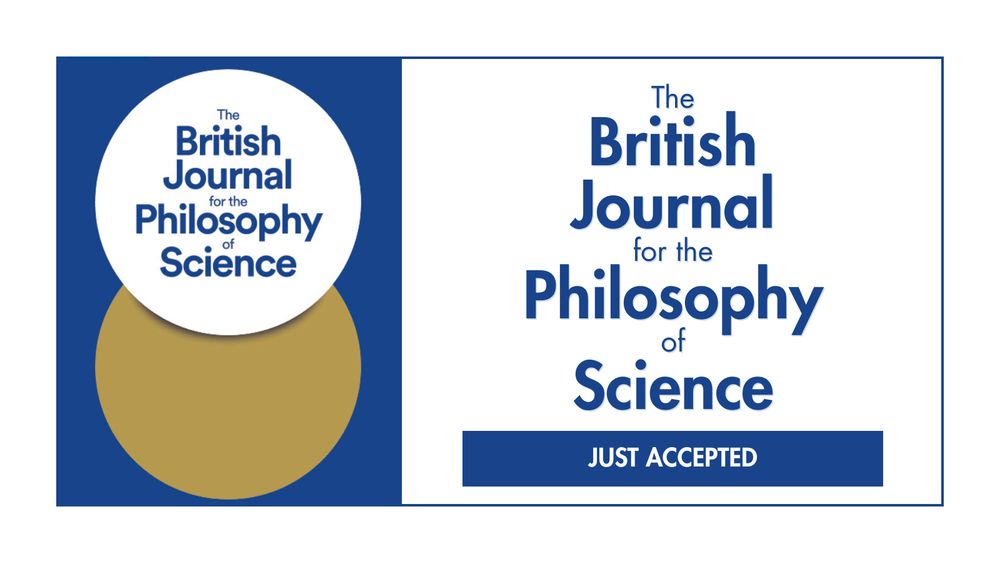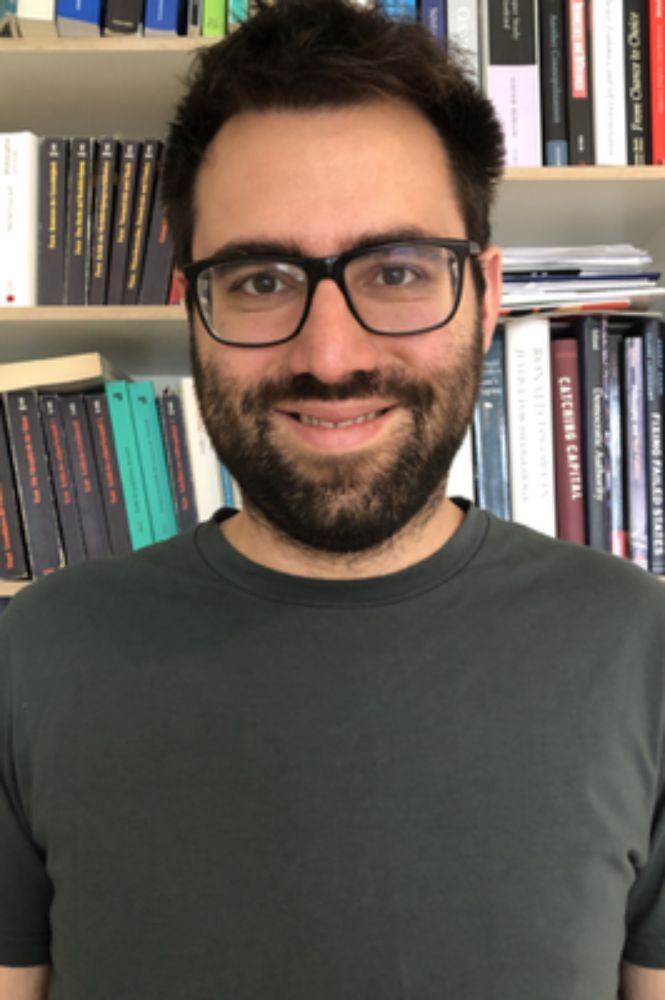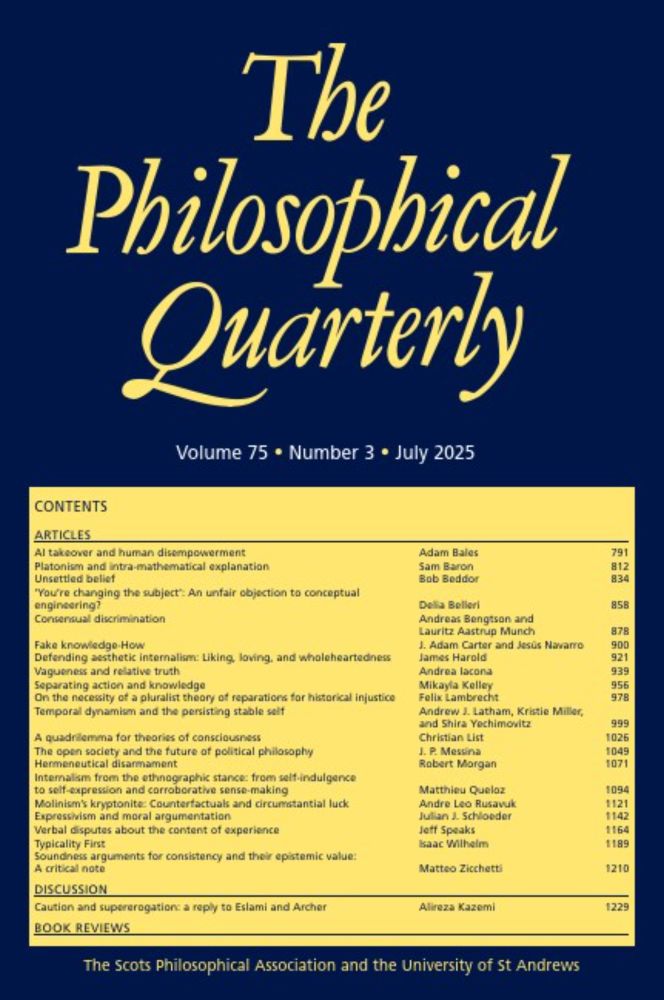Christian List
Reposted by: Christian List
@clist.bsky.social im folgenden #OpenAccess - Artikel:
link.springer.com/article/10.1...
#KI #AI #KuenstlicheIntelligenz #ArtificialIntelligence #FreierWille #FreeWill #Philosophy #Philosophie

by Christian List — Reposted by: Christian List

by Christian List — Reposted by: Joanna Bryson


by Christian List — Reposted by: Christian List, Joanna Bryson


Reposted by: Christian List, Joanna Bryson

by Christian List — Reposted by: Christian List
Reposted by: Christian List

Reposted by: Christian List
www.lmu.de/en/newsroom/...

Reposted by: Christian List

Reposted by: Christian List

Reposted by: Christian List

Reposted by: Christian List

Reposted by: Christian List


Reposted by: Christian List, Claire L. Niedzwiedz

Reposted by: Christian List
‘The Impossibility of Non-manipulable Probability Aggregation’
– Franz Dietrich & Christian List
Abstract in alt text or read the full paper here:
www.journals.uchicago.edu/doi/10.1086/...
#philsci #philsky

Reposted by: Christian List, Brian Leiter
youtu.be/XHmdhDjLGwA

by Stephan Hartmann — Reposted by: Christian List

Reposted by: Christian List, Brian Weatherson
by Stefan Rahmstorf — Reposted by: Christian List
news.mongabay.com/2025/06/as-o...

by Christian List — Reposted by: Christian List

Reposted by: Christian List, Peter Adamson

Reposted by: Christian List
www.amphilsoc.org/news/aps-awa...

Reposted by: Christian List

Reposted by: Christian List

Reposted by: Christian List

Reposted by: Christian List
Dieser Frage widmet sich BAdW-Mitglied @clist.bsky.social in seiner Forschung - und auch hier im TED talk!
Damit ein wunderschönes langes Wochenende allen! Mit vielen freien Willensentscheidungen!
☕️🍰🛌🚴♀️🕺🎳🆓

Reposted by: Christian List
